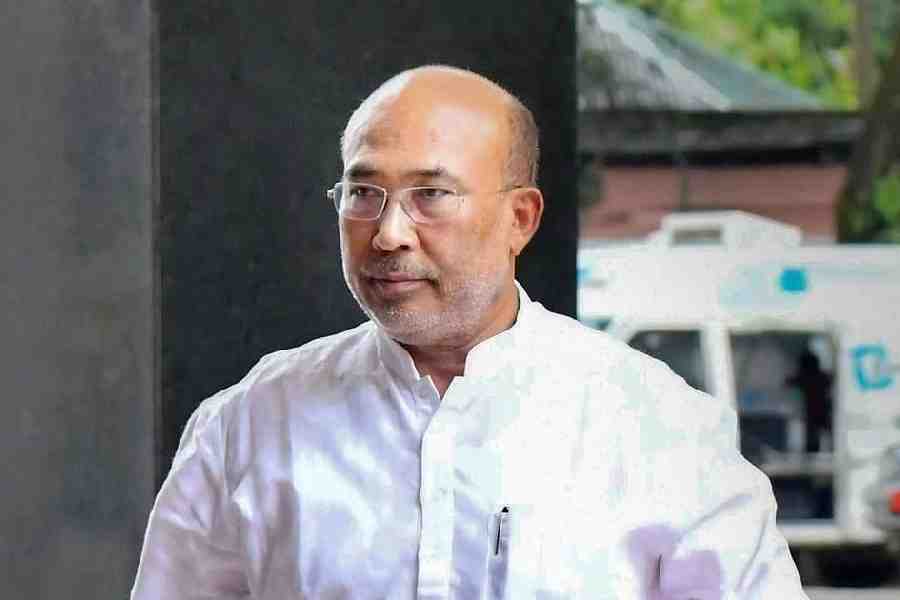Amid its failure to end a four-month-long cycle of violence that has ruptured Manipur’s social fabric, the state’s government appears to have found a new scapegoat: editors. On Sunday, Manipur Police filed first information reports against senior journalists representing the Editors Guild of India, some of whom had visited the state to evaluate the role of the local media in its coverage of the crisis. Yet, the state government’s efforts to try to silence criticism using threats only underscores its refusal to take responsibility for the social and security challenges that continue to block Manipur’s recovery. In their report, the editors had raised questions about the neutrality of some of the news coverage from the Manipuri press and had also said that its interviews suggested that the state government had demonstrated bias. In response, the state police registered the FIRs, and the chief minister, N. Biren Singh, issued a public warning accusing the editors of trying to spark further clashes in Manipur. While governments across India and, indeed, the world, have a long history of trying to shoot the messenger, this reaction is particularly dangerous, anti-democratic and fundamentally contrary to Manipur’s interests.
The Editors Guild of India report echoes criticism of the state government in other independent reporting of the crisis, including by a group of United Nations experts which issued a statement on Monday. In addition to voicing concerns over the use of sexual violence against women, the UN experts also referred to the hateful and inflammatory speeches and comments leading up to the violence. Further, the UN experts criticised the slow response of the Union and state governments and the use of anti-terror laws to target human rights defenders and critics. While the ministry of external affairs has predictably pushed back against the statement by UN experts, it is clear that the situation in Manipur is now a matter of global shame for India. Targeting editors who try to hold up a mirror will not solve the problem. Blaming purported narcotics syndicates and asylum seekers fleeing violence in Myanmar for the State’s failure won’t either. What Manipur and India need is reflection and accountability from those in power — and that must start from the top.










